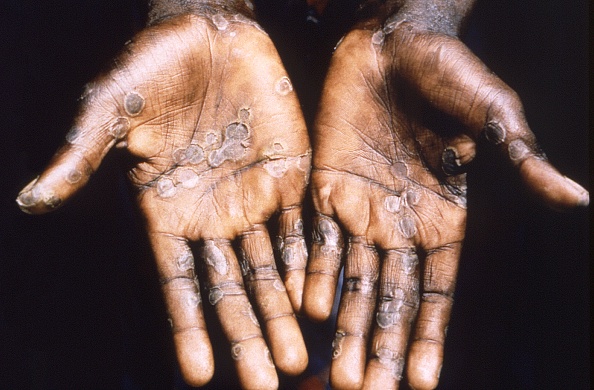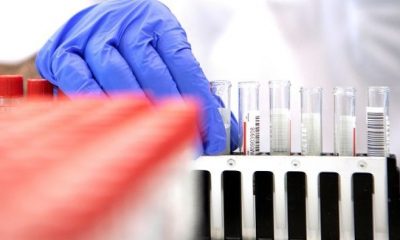The news of a global monkeypox outbreak might have caused another round of anxiety in many people since the COVID-19 pandemic is still far from over. But based on the latest update from the World Health Organization, there is no need to worry about the latest viral infection making the rounds in several countries.
Monkeypox Outbreak
Monkeypox is not a new disease, but it is considered rare in countries outside of the West and Central African regions. The causative agent, the monkeypox virus, was first discovered in 1958 when two outbreaks of a pox-like disease emerged in monkey colonies kept for research. The first human case was recorded in the Democratic Republic of the Congo in 1970, according to the Centers for Disease Control and Prevention (CDC).
In places where it is endemic, monkeypox has shown to cause death in 1 in 10 people who contract the virus. Cases documented outside Africa have been linked to imported animals and international travel. The latest update from the public health agency indicated that hundreds of confirmed or suspected cases got reported in more than 12 countries in Europe and North America. The U.S. already has one confirmed case in Massachusetts and four other suspected cases in New York, Florida, and Utah.
Because there is no standard-of-care treatment for monkeypox, smallpox antivirals with poxvirus activity are administered to help manage the illness. There is also no specific vaccine for monkeypox, but vaccination against smallpox has shown to be 85% effective in preventing monkeypox infection.
Mass Vaccinations
As many people fear that the monkeypox outbreak could lead to another global health crisis, the World Health Organization (WHO) decided to address the issue and ensure the public that there is no immediate need for mass monkeypox vaccinations.
The leader of the high-threat pathogen team at WHO Europe, Richard Pebody, clarified in an interview with Reuters Monday that the outbreak outside of Africa does not necessarily require mass vaccinations because cautionary measures, such as good hygiene and safe sexual practices, can help contain the spread of the disease. “We’re not at a situation where we’re moving to widespread vaccination of populations,” Pebody noted.
His statement came the same day as CDC’s warning for the LGBTQ community to take caution since they appear to be at a higher risk for monkeypox. The agency said that while everyone is not immune to the monkeypox virus, they noticed that a “notable fraction of cases” has been reported among gay and bisexual men.
Monkeypox is not a sexually transmitted disease, but the virus can be passed through contact with bodily fluids and sores. Hence, sexual intercourse, intimate contact, and shared bedding can help spread the illness from one person to another.















